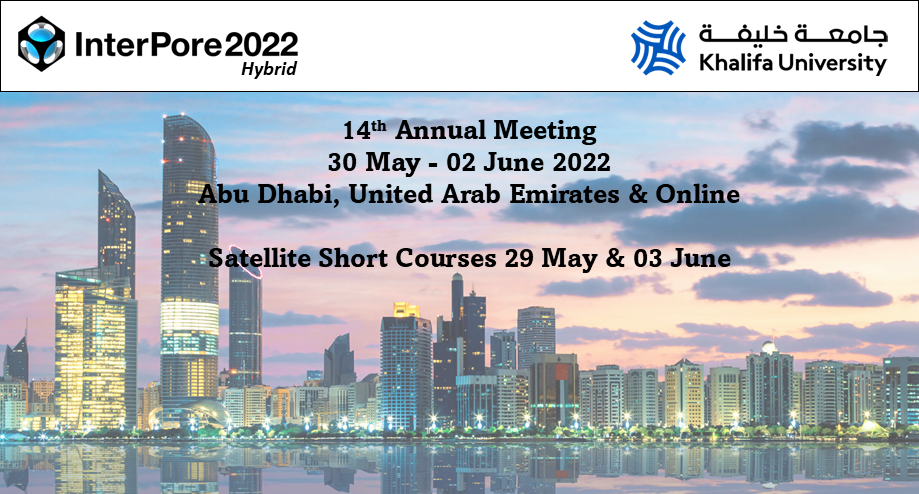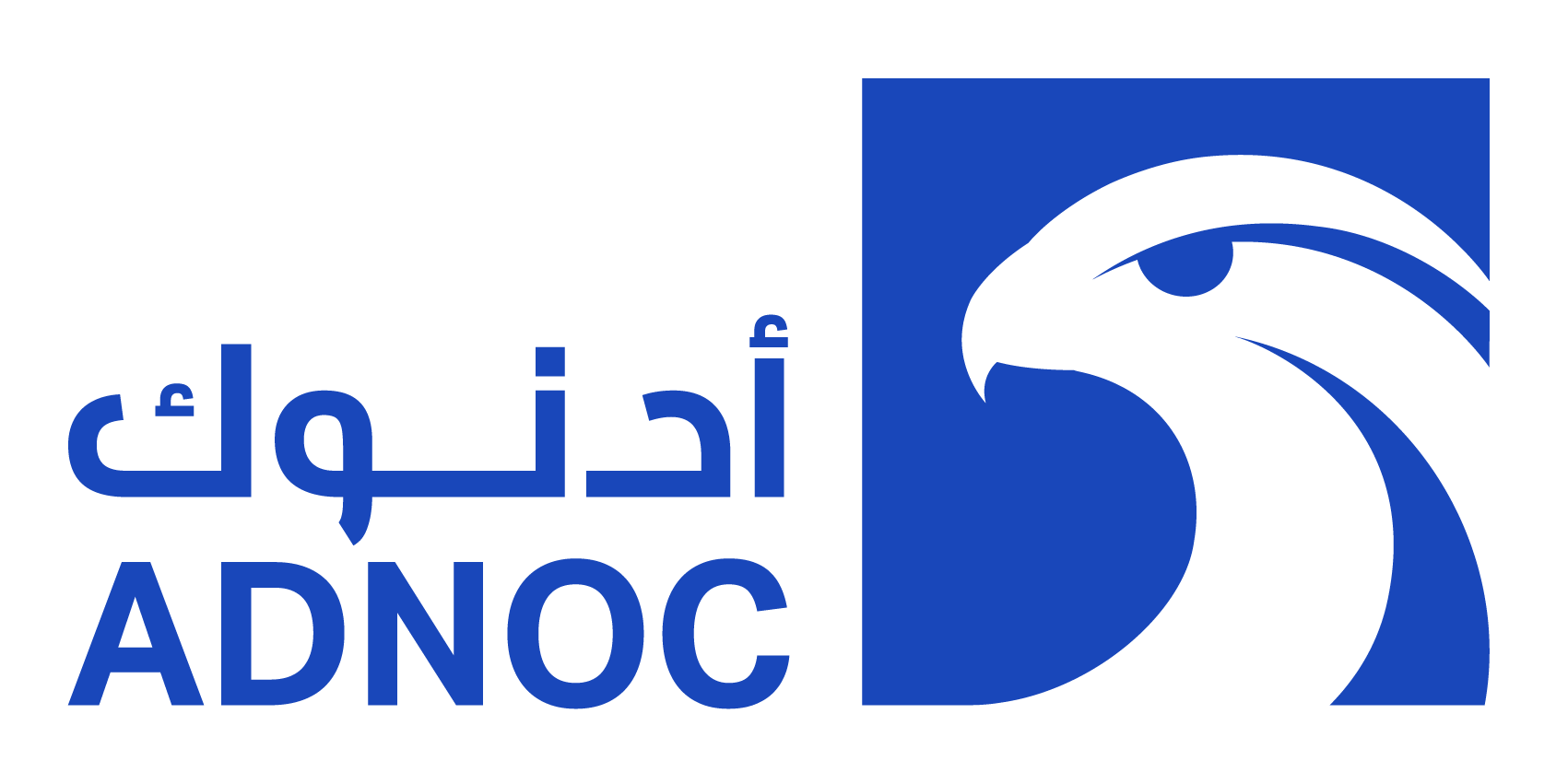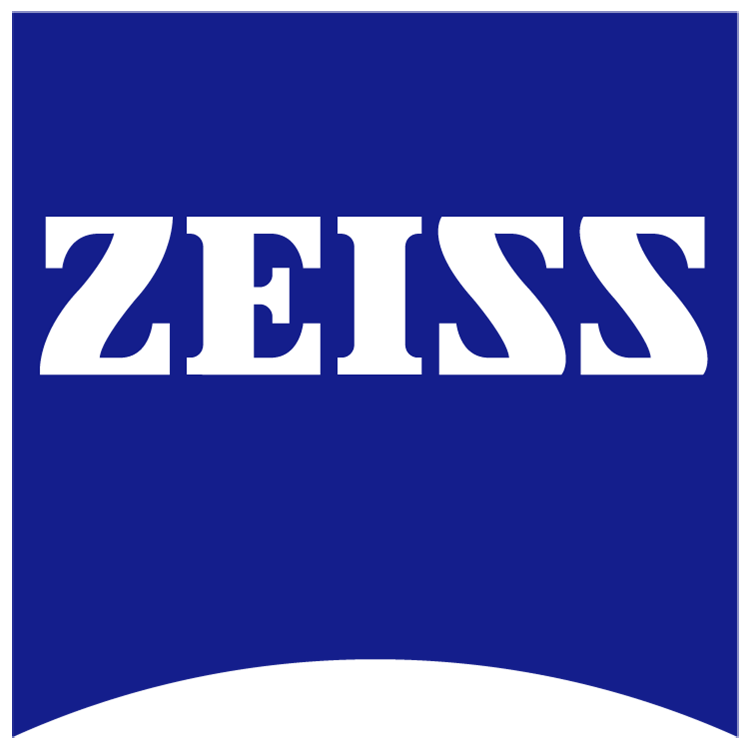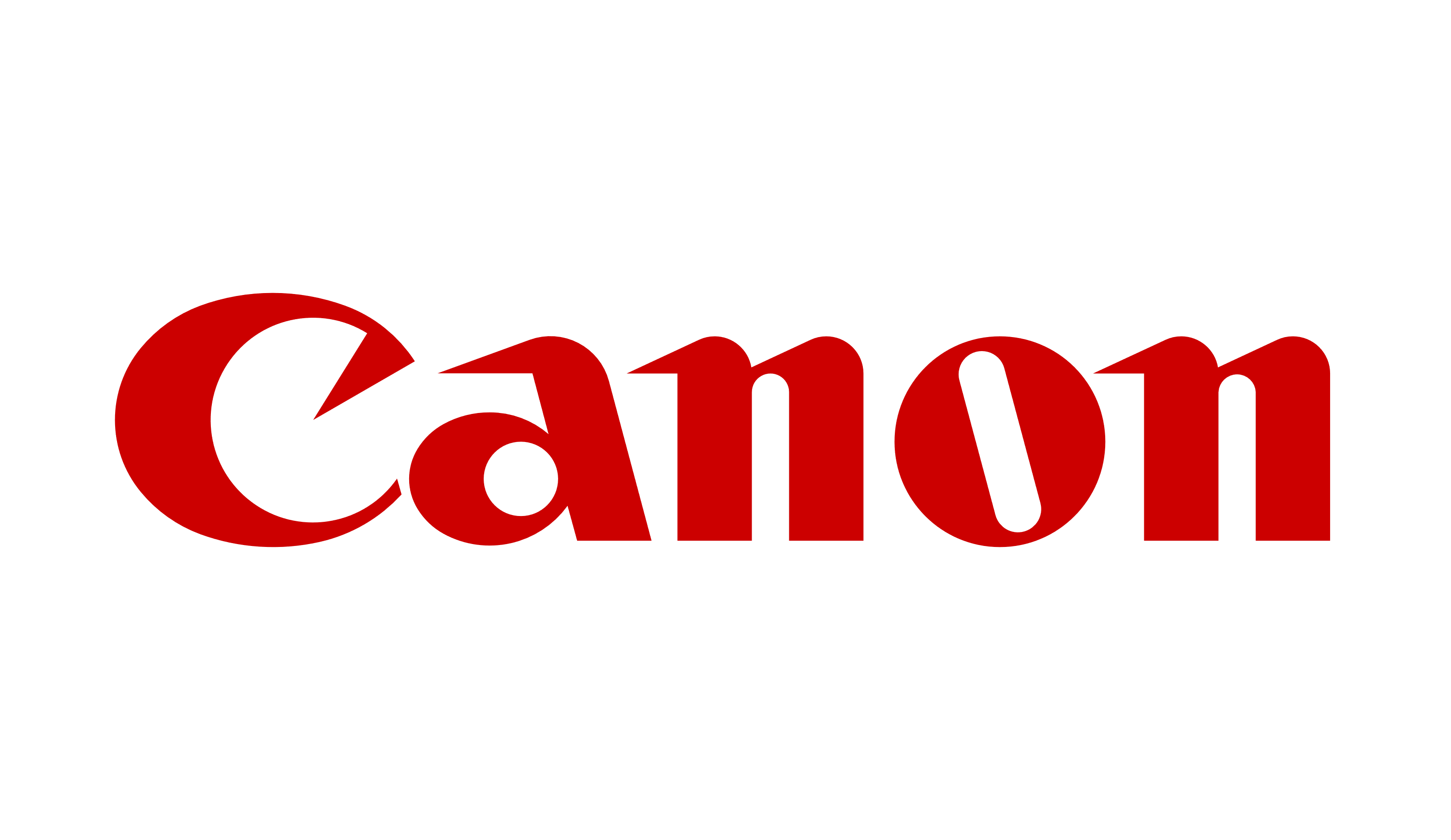Speaker
Description
It is known that conventional coagulation/flocculation, sedimentation, and filtration techniques are partially efficient in removing extracellular-soluble cyanotoxins and compounds in water, therefore, advanced water treatment methods are often used instead. Conventional methods of remediating persistent pollutants from aqueous and gaseous phases mainly employ chemical precipitation, ion exchange, adsorption (using activated carbon), and membrane separation processes, among others. These methods are costly and often generate considerable amounts of chemical residues, which have no economic value. A key concern regarding the direct discharge from water treatment waste residuals to water bodies is the potential toxicity of iron and aluminum – chemicals normally used as primary coagulants in the flocculation–sedimentation stage (Sotero-Santos et al., 2005).
Pyrolysis is a mature heat treatment method in bio-energy production, solid waste management, and preparation of carbon-based materials (Li & Jiang, 2017). Due to the advantages of pyrolysis, this study proposes a new technique based on the use of drinking water treatment sludge as a feedstock for the manufacture of porous biochar and its application in the treatment of contaminated waters (Chen et al., 2021; Zheng et al., 2021). The choice of sludge as a feedstock material was due to its availability in large quantities, attractive characteristics for resource recovery, also, because under current Brazilian legislation, it is considered an environmental liability. The starting material was pyrolyzed via slow pyrolysis at 450 ºC and 600 ºC in a bench-scale pyrolysis unit. We also investigated the characterization of the porous biochar. Different techniques were used to characterize the samples: proximate analysis, Fourier-transform infrared spectroscopy (FT-IR), Raman spectroscopy, X-Ray diffraction analysis (XRD), zeta potential, adsorption-desorption isotherms, thermogravimetric analysis (TGA/DTG), and scanning electron microscopy (SEM).
The biochar produced from sludge at different pyrolysis temperatures was tested as sorbents for the improvement of natural eutrophic water quality in jar tests to simulate a conventional coagulation/flocculation process. The present study was designed with the major objectives: to characterize the composition and structural properties of the biochar, explore and compare the adsorption behaviors of the tested biochar, and discuss how these properties can influence their application in water treatment. The results may shed light on the management and use of waste materials, such as water treatment sludge, and be valuable for developing porous biochar as low-cost sustainable adsorbents in natural waters and water treatment systems.
References
Chen, W., Zhao, B., Guo, Y., Guo, Y., Zheng, Z., Pak, T., & Li, G. (2021). Effect of hydrothermal pretreatment on pyrolyzed sludge biochars for tetracycline adsorption. Journal of Environmental Chemical Engineering, 9(6), 106557. https://doi.org/10.1016/j.jece.2021.106557
Li, D. C., & Jiang, H. (2017). The thermochemical conversion of non-lignocellulosic biomass to form biochar: A review on characterizations and mechanism elucidation. Bioresource Technology, 246, 57–68. https://doi.org/10.1016/j.biortech.2017.07.029
Sotero-Santos, R. B., Rocha, O., & Povinelli, J. (2005). Evaluation of water treatment sludges toxicity using the Daphnia bioassay. Water Research, 39(16), 3909–3917. https://doi.org/10.1016/j.watres.2005.06.030
Zheng, Z., Zhao, B., Guo, Y., Guo, Y., Pak, T., & Li, G. (2021). Preparation of mesoporous batatas biochar via soft-template method for high efficiency removal of tetracycline. Science of the Total Environment, 787, 147397. https://doi.org/10.1016/j.scitotenv.2021.147397
| Participation | Online |
|---|---|
| Country | Brazil |
| MDPI Energies Student Poster Award | Yes, I would like to submit this presentation into the student poster award. |
| Time Block Preference | Time Block C (18:00-21:00 CET) |
| Acceptance of the Terms & Conditions | Click here to agree |









